Every day we are told about what is happening on the front line, but we know almost nothing about what is happening behind it. Although our people still live there, their lives consist not only of coercive participation in anti-Ukrainian rallies or of suffering from "Ukrainian shelling" (as shown by the occupation media), but also from everyday trips to shops, public transportation, hospital visits and going to school, solving personal problems... OstroV decided to show this life, making a kaleidoscope of facts about which our journalists, acquaintances and readers write us.
"On July 1, the minibus fare went up by $0.03, now it costs $0.18, regardless of the distance of the route. The bus ride now costs $0.16. There are no trams in Makiivka (unlike Donetsk). Last Thursday, my colleague's daughter was in a trolleybus, and she was told that on that day trolleybuses would operate only until 15:00, the reason was not named. Gasoline prices (№ 92, № 95) rose from $0.85 to $0.93. In spring, it was $0.68, after that it was not available for 2-3 months at all, all gas stations were empty. Fortunately, the city transport uses diesel fuel. There are a lot less cars on the city roads now".
"Today in the minibus, people said that in connection with the gasoline price rise, all goods increased in price by an average of 40%. In general, every batch of imported food or manufactured goods has different prices, each time it costs more. In shops, everything from chocolate bar to face cream is sold in single copy".
"The news of the day - curfew was reduced. It had been from 23:00 to 5:00, and now - from 1:00 to 5:00. People posted this information, but it has not been officially announced so far. The youth is pleased, because they can go out more. There were frequent cases that both men and women were taken to the police department or somewhere there until the morning at 23:05 or even at 22:55 near their homes. In the morning, relatives had to come and certify their identity, only then they were released. And recently, my husband’s colleague said that for having violated the curfew you should pay something like a state fee, or a fine of $0.6".
"Since Thursday, all newspapers of the Media Holding of the Ministry of Information and Communications (including Makiivsky Rabochy) will cost more in retail. The subscription is still slightly cheaper, and that's only because it is necessary to make changes in the catalog of printed publications".
"For issuing duplicates of lost documents, people paid around $0.5 before the war. And now the fee is at least $3.5"...
“My friend from the Donetsk Pension Fund says that the Ukrainian side and the “DNR” regularly exchange "cases" of IDPs. Of those, who receive social protection, pensions there and here. It was shown on the Ukrainian TV, but after some time the topic faded away. But people share their stories until now. If it were only one or two cases, then it would be okay somehow. But there are a lot of such stories. My aunt from Donetsk told that a young woman who never went to Mariupol (according to the woman herself) had been receiving social assistance for herself and her child in Mariupol for four years. They summoned her yesterday to the passport office in Donetsk, showed the "case" that the Ukrainian side had handed over to them (in what way?). The passport data is correct, the data for the child is correct, but this was some "double-ganger", because the woman herself has not crossed the line of demarcation in the last three years. And the "DNR" pension fund is now making indexation of pensions - those who receive on the Ukrainian side will be "cut down" here. This is at the level of conversations for now. It is clear that officially, the pension fund of Ukraine will deny the exchange of information. But informally, it takes place"…
"People do not believe that Ukraine will do something for reconciliation and reintegration. They believe that it is beneficial for the current Ukrainian government to continue the war. Many do not believe that Poroshenko will be elected for the second term (there is an active anti-Poroshenko propaganda on the Russian channels), but they also do not believe that the new president will be interested in resolving the conflict in the Donbass. Many believe that this conflict will drag on for several decades. Those whom I communicated with call themselves residents of Donbass. Not Russia or Ukraine. This is clearly visible at the mundane level. Moms of newborns receive assistance both in the "DNR" and Ukraine: "My husband and I used to pay taxes to the Ukrainian treasury throughout life, so we will take as much social assistance as it is possible". The same is with pensioners. The most vulnerable social group was middle-aged people, those who are forty and fifty. It was clear back in 2014. When they were put out of work. Humanitarian aid was not designed for their age, and there was no work"…
"Only three graduates out of 35 went to Ukraine from our school this year to pass external independent testing. Teachers know and help such schoolchildren to prepare. Neither parents nor children hide that they are passing EIT in Ukraine and are planning to enter Ukrainian universities. The problem for high school students is in obtaining Ukrainian passports. In order to travel to Ukrainian territory and get a passport, you need money for at least two weeks of life on Ukrainian territory - the average time for issuing a passport, and for the way there and back. The parents do not have money, and many 16-year-olds go without a Ukrainian passport. No one of the children and parents hides the fact that the child has received or plans to receive Ukrainian passport. Moreover, after receiving in the Ukrainian territory, the child comes to the passport office in Donetsk and there they make a record that he/she has one more document. At the same time, no one puts any marks in the Ukrainian passport, as the Ukrainian media writes. Of course, in fact, this is a total control of schoolers and students".
"Ukrainian channels on the analogue television are in all districts of Donetsk, at least 1+1 and 5 Kanal. The satellite television has all Ukrainian channels, including the Kyiv ones. Most providers block OstroV, at least in our center. The authorities do not like you. But they read you. Especially they like when you scold one of their colleagues, or Zakharchenko. So, more humor!"
"Prices in cafes are the same as in Kyiv, only in rubles".
"The assortment in the groceries is so-so. There are Ukrainian products: water and sweets. Dairy products are local, as well as meat and vegetables (poor, it is better to take at the market).
"Public transport is very bad after 19:00 - there are big pauses. Share taxis, trolley buses and trams are always filled with people of different ages. At the same time, there are not many people on the streets - they are felt like half empty. There are many parked cars and cars along the roads. But the roadway is empty".
"The fare in share taxis along the city is around $0.15. Tram and trolleybus still cost $0.05. The pension fund plans indexation. Pensioners with low pensions will receive a travel card for public transport in the pension fund, and those with high (double pension with Ukraine) will pay. Pensioners are waiting for an increase in the cost of travel…
That is how we live…"
OstroV
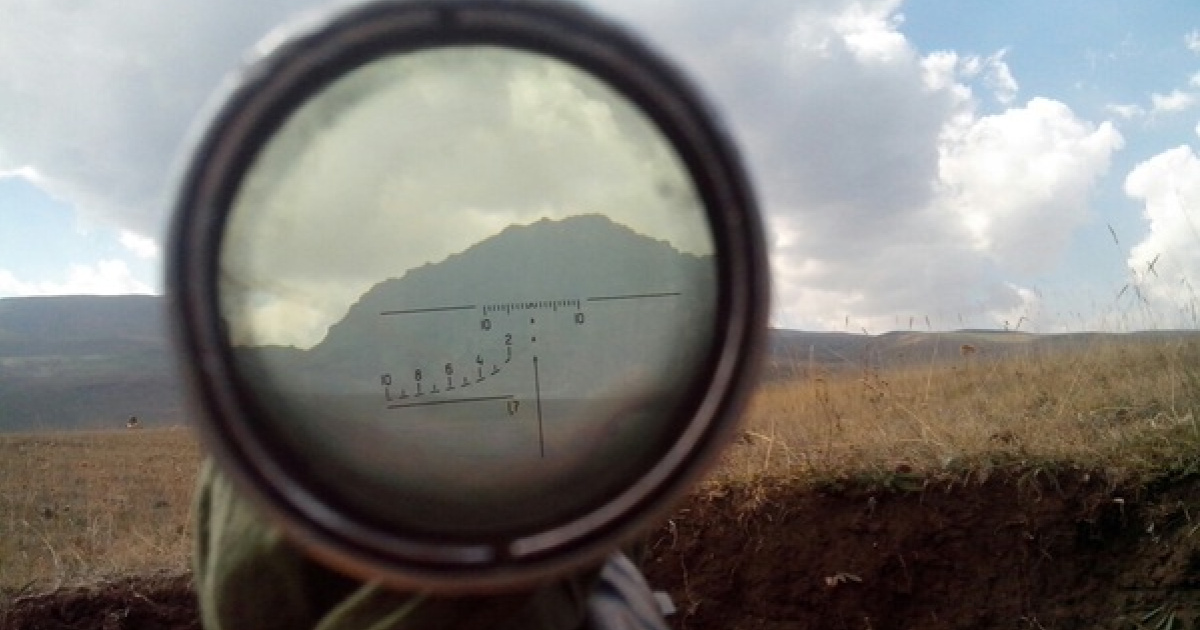
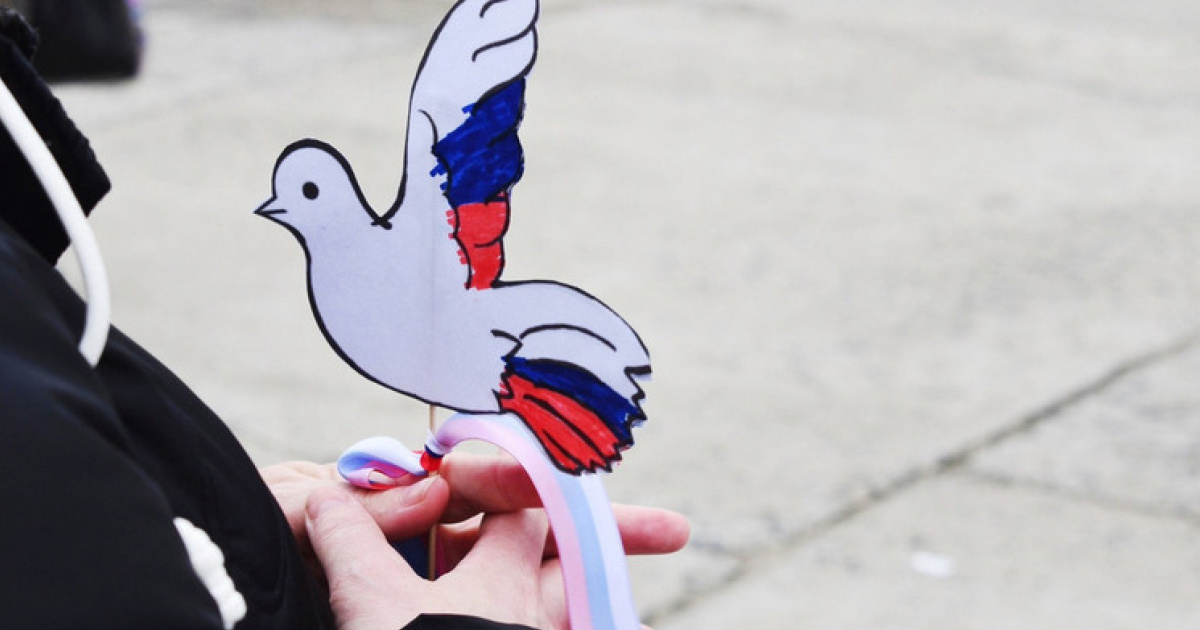
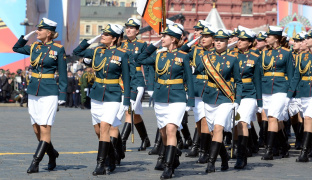
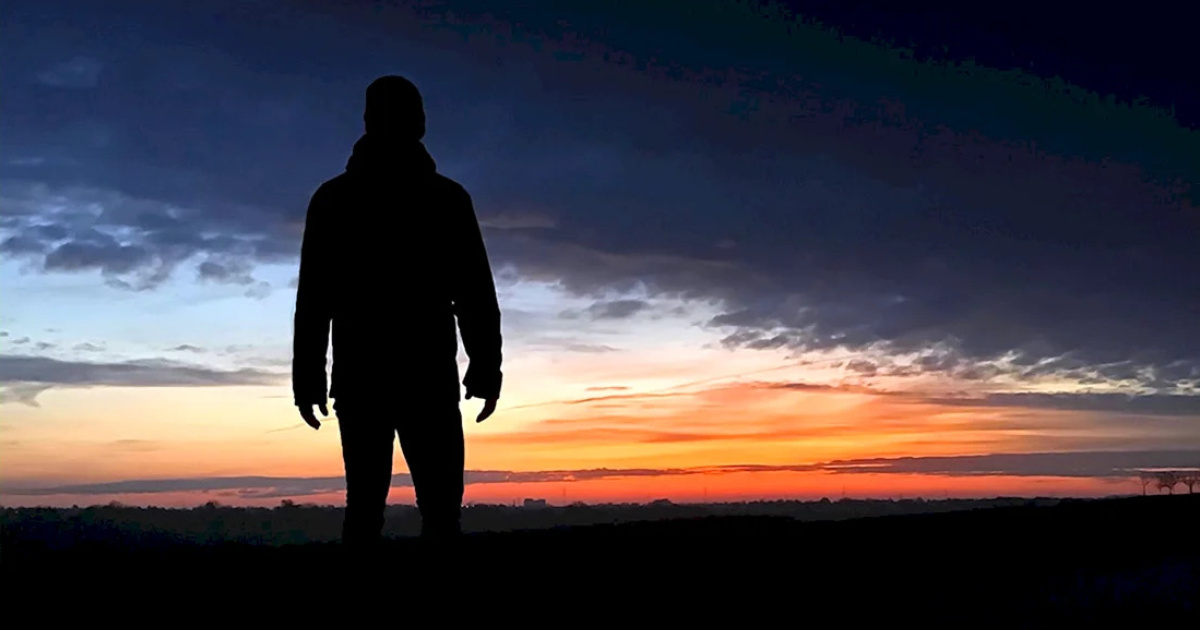
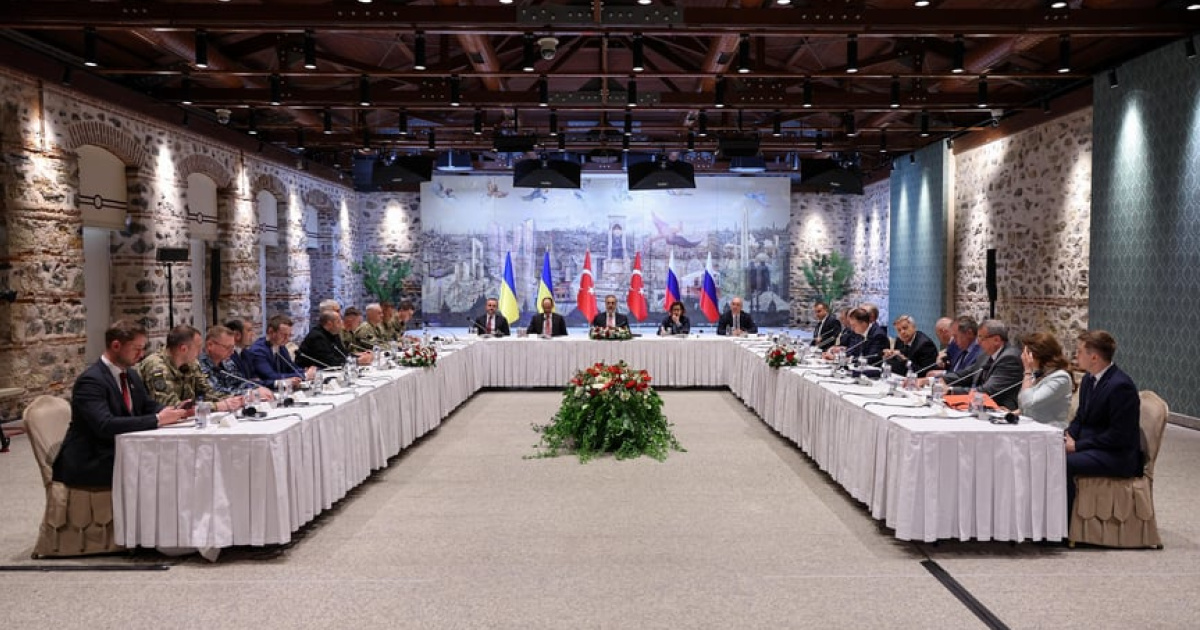
 Letters from there. Life in the occupation. What's new
Letters from there. Life in the occupation. What's new